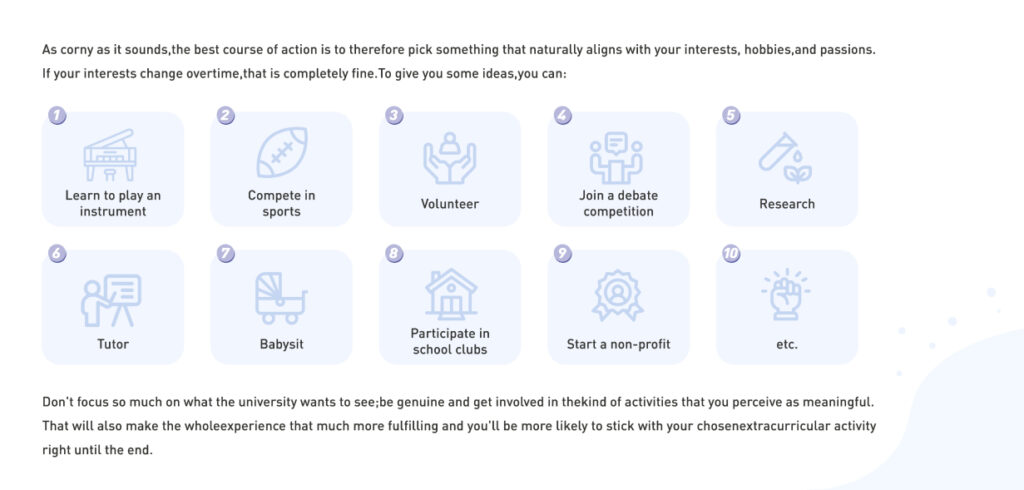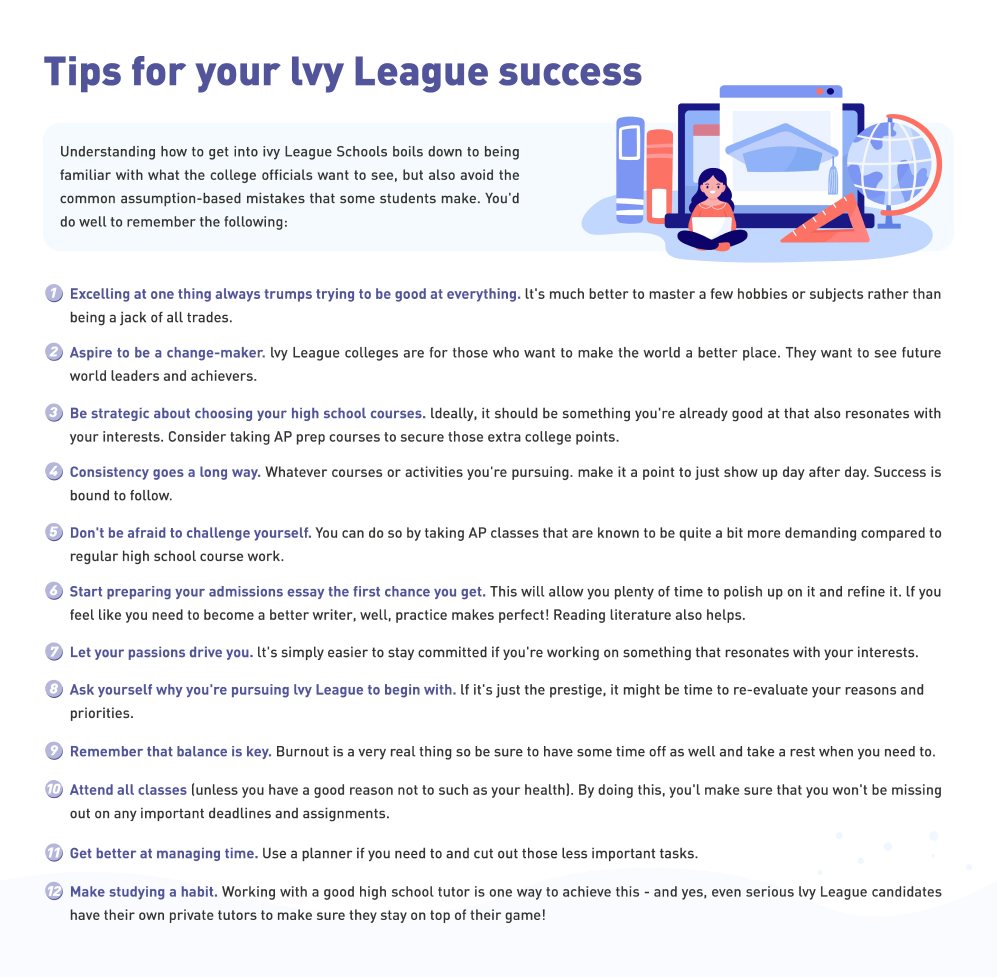Qualifying for Ivy League schools is certainly a milestone to aim for. Understandably, many students want to do so, meaning the competition can get quite fierce. Therefore, you need a solid strategy on how to get into Ivy League schools.
At Novel Prep, we don’t really believe in a one-size-fits-all approach; we can only tell you the ingredients, but the recipe will ultimately need to be adjusted to fit your personality, unique strengths, passions, and needs.
In today’s post, we will guide you on:
- What the Ivy League officials want to see on your application
- How to start preparing for Ivy League schools way in advance
- What is the overall easiest Ivy League school to get into
- What to do to increase your chances of getting in
Keep in mind that what you’re aiming to accomplish is by no means an easy task – the Ivy League acceptance rates are somewhere in the single-digit area. In many cases, not even a perfect SAT score will suffice to get in, as Ivy League schools also look beyond your grades (as in assessing your character, values, and so forth).
But if you’re an A-student who’s determined to succeed, we know just the thing that will help you bridge the gap.
Welcome to Ivy League – The cream of the crop
The concept of the Ivy League dates back to the year of 1954. Originally, it had more to do with one’s athletic performance rather than academic excellence. Nowadays, the following 8 schools form the Ivy League elite:
- Dartmouth College
- Princeton University
- Columbia University
- University of Pennsylvania
- Yale University
- Cornell University
- Brown University
- Harvard University
The modern-day mission of these schools is to produce world-class academics that will go on to change the world following graduation. Each and every year, 8000+ ambitious students fight tooth and nail as they aspire to fit that role.
Ivy League requirements: An overview of what you’ll need
Qualifying for any college means that you’ll need to meet certain requirements, and with Ivy League schools, this is no less true. If anything, you’ll need to max out on all of them, or at least that should be the goal. Generally speaking, you will need:
Of course, you will also need to focus on other factors if you want to stand out, including your:
- Personal essay
- Recommendation letters
- Extracurricular activities
- Test scores
- Overall academic performance
Getting into Ivy League – mission impossible?
Traditionally, getting into Ivy League schools has been a nightmare, and it’s getting tougher with each passing year. Harvard, for instance, only accepts slightly more than 3% of its applicants. In other words, even as an A-grade student, you’re fighting an uphill battle, as you’ll need to supplement your stellar grades with extracurriculars, letters of recommendation, and a personal story to boot, not to mention a fair bit of luck.
Which is the overall easiest Ivy League school to get into?
As you can deduct from the table below, even the easiest Ivy League school to get into only accepts slightly upwards of 8% of its applicants.
| School Name | Acceptance Rate |
| Princeton University | 6% |
| Harvard University | 3.59% |
| Yale University | 3.7% |
| UPenn | 8.07% |
| Dartmouth College | 6.2% |
| Brown University | 5.7% |
| Cornell University | 7% |
| Columbia University | 3.85% |
Should you apply early?
By now, it should be clear that applying for Ivy League colleges requires quite a bit of thinking ahead. This will help you secure the letters of recommendation, max out your GPA, and even secure additional college credit through AP Capstone programs. While some of this can technically be fixed later, ideally, you want to start excelling as a perfect candidate from day one during your high school days.
With this out of the way, we’re going to give you the keys to getting accepted in Ivy League schools, starting with #1:
Key to Ivy League #1: Academic excellence
We’re sure you already know, but once again: your grades will need to be near-perfect. This means a GPA of 4.0 or ideally more. Examine the following table to get a better idea of what to shoot for in terms of GPA:
| Ivy League university | Average GPA |
| Brown University | 4.08 |
| Columbia University | 4.16 |
| Cornell University | 4.04 |
| Dartmouth College | 4.06 |
| Harvard University | 4.1 |
| University of Pennsylvania | 3.93 |
| Princeton University | 3.9 |
| Yale University | 4.19 |
Of course, credits for students never tell the whole story about an individual, so focusing on the most relevant courses for credit also matters a great deal. Ideally, they should not only challenge you from a purely academic perspective but on a personal level as well. It’s a good idea to stick to your guns; if you’re primarily into natural sciences, it’s best to pick courses that complement it.
Key to Ivy League #2: Outstanding exam results
Although they aren’t the end of the world, both the ACT and the SAT exams matter. And yes, you’ll need to aim higher than 1300 as far as the latter one goes. Luckily, very few students manage to get a perfect SAT score, so it’s not as extreme as you might think. Generally speaking, your SAT Math score should be in the range of 680-800 (and 650-800 for English). Aim for an ACT score of 31+.
To get a better idea, take a look at the following table:
| University | Average Composite SAT Score | Average Composite ACT Score |
| Brown University | 1515 | 33-35 |
| Columbia University | 1520 | 33-35 |
| Cornell University | 1505 | 32-35 |
| Dartmouth College | 1500 | 32-35 |
| Harvard University | 1530 | 33-35 |
| University of Pennsylvania | 1525 | 33-35 |
| Princeton University | 1515 | 33-35 |
| Yale University | 1530 | 33-35 |
At Novel Prep, we generally advise students to submit their ACT and SAT scores, despite the fact that your chosen Ivy League school may not require it. Remember that the goal is to stand out in any way possible. And if you’re worried about your grades, see if Novel Prep’s high school tutoring services or SAT prep services could be of any help to you.
On top of that, keep in mind that Ivy League college officials will be more than interested in your Advanced Placement exam scores. Note that not every high school allows you to take an exam in AP, but the good news is that you can seek out third-party AP Credit course providers like Novel Prep.
Key to Ivy League #3: Extracurricular activities
As already stated, your grades and AP exam results are crucial, but you’ll need something more to stand out, starting with demonstrating a broad spectrum of interests. One of the best ways to do that is by taking on a certain number of extracurricular activities. Not too many though – Ivy League college officials are primarily looking for candidates who tend to delve deep into a passion or hobby rather than taking on a bunch of extracurricular activities ‘just for show’.

As corny as it sounds, the best course of action is to therefore pick something that naturally aligns with your interests, hobbies, and passions. If your interests change over time, that is completely fine. To give you some ideas, you can:
- Learn to play an instrument
- Compete in sports
- Volunteer
- Join a debate competition
- Research
- Tutor
- Babysit
- Participate in school clubs
- Start a non-profit
- etc.
Don’t focus so much on what the university wants to see; be genuine and get involved in the kind of activities that you perceive as meaningful. That will also make the whole experience that much more fulfilling and you’ll be more likely to stick with your chosen extracurricular activity right until the end.
At the end of your journey, meditate on what you’ve learned. Is it:
- Time management?
- People skills?
- Prioritizing?
- Discipline?
- Teamwork?
- Leadership?
You will need to specify in your personal statement how all of this has helped you grow and develop as a person.
Key to Ivy League #4: Your high school’s reputation
Unfortunately, the high school you choose can already set you on unequal ground with your competition, as not all of them have a high enough reputation. However, statistically, speaking, this is not without reason. Some of them simply have a track record of producing high-achieving students who win various competitions and later go on to become elite college students.
So if you want to know how to get into Ivy League Schools, sometimes it doesn’t hurt to check your high school’s reputation and transition to another school if need be. It’s an easy way to find yourself at an advantage without really doing much (except maybe having to travel a longer distance).
Key to Ivy League #5: Personal essay
Although your SAT and ACT scores matter a great deal, ultimately, they tell very little about who you are as a person. Here’s where your authenticity comes in; when writing a personal essay, you can share more about your:
- Values
- Aspirations
- Characteristics
- Goals
- etc.
In other words, it’s an opportunity to give Ivy League college officials a glimpse into your personal space and the things that drive you in life. Although you might be inclined to underestimate the role these play in the selection process, know that it all matters very much. After all, they are looking for someone who is committed to making a positive change in this world.
Note: your personal statement can have up to 650 words, so be sure to make each and every one of them count.
Key to Ivy League #6: Letters of recommendation
Your accomplishments will carry much more weight if there’s someone who can vouch for you. If you want to know how to get into ivy League Schools, one of the most crucial things to remember is that you’re going to need to foster great relationships with your teachers to secure those letters of recommendation.
At the end of the day, it’s always better to ask a teacher who has worked with you closely and knows you well. The reason is, that they will know your strengths and what makes you excel, so their letter will be much more personal in nature. Keep in mind that you don’t want the letter to sound too generic, so ask your teacher to include some anecdotes to make them more colorful.
At the same time, your goal should be to collect letters of recommendation from a wide array of different subject areas, including:
- English
- Math
- Science
- History
- and more
In addition, you should also secure a letter of recommendation from your school’s counselor.
Key to Ivy League #7: Hard work and character
Your intellectual capacity is grounds for academic success, but it all comes together by adding that so-called ingredient X – your character and personality. Ivy League officials know very well it takes being gifted with a certain desire and drive to succeed if you want to achieve significant goals in life.
Of course, your personality traits hardly ever take the spotlight that goes to your grades, exam results, and all the rest that looks good on paper, but they’re always the underlying driver of it all. When everything is said and done, it’s the motivated and hard-working that succeed – if the gifted are lazy, it will do them no good!
Key to Ivy League #8: Alumni interview
Last but not least, we have the alumni interview. While it may not carry much weight compared to other factors, it’s another way to make your Ivy League college application stand out. Note that finding alumni in your local area can pose a challenge in and of itself, so it’s up to your individual judgment to determine whether pursuing that opportunity is worth it or not.
Tips for your Ivy League success
Understanding how to get into Ivy League Schools boils down to being familiar with what the college officials want to see, but also avoiding the common assumption-based mistakes that some students make. You’d do well to remember the following:

- Excelling at one thing always trumps trying to be good at everything. It’s much better to master a few hobbies or subjects rather than be a jack of all trades.
- Aspire to be a change-maker. Ivy League colleges are for those who want to make the world a better place. They want to see future world leaders and achievers.
- Be strategic about choosing your high school courses. Ideally, it should be something you’re already good at that also resonates with your interests. Consider taking AP prep courses to secure those extra college points.
- Consistency goes a long way. Whatever courses or activities you’re pursuing, make it a point to just show up day after day. Success is bound to follow.
- Don’t be afraid to challenge yourself. You can do so by taking AP classes that are known to be quite a bit more demanding compared to regular high school coursework.
- Start preparing your admissions essay the first chance you get. This will allow you plenty of time to polish up on it and refine it. If you feel like you need to become a better writer, well, practice makes perfect! Reading literature also helps.
- Let your passions drive you. It’s simply easier to stay committed if you’re working on something that resonates with your interests.
- Ask yourself why you’re pursuing Ivy League to begin with. If it’s just the prestige, it might be time to re-evaluate your reasons and priorities.
- Remember that balance is key. Burnout is a very real thing so be sure to have some time off as well and take a rest when you need to.
- Attend all classes (unless you have a good reason not to such as your health). By doing this, you’ll make sure that you won’t be missing out on any important deadlines and assignments.
- Get better at managing time. Use a planner if you need to and cut out those less important tasks.
- Make studying a habit. Working with a good high school tutor is one way to achieve this – and yes, even serious Ivy League candidates have their own private tutors to make sure they stay on top of their game!
Conclusion
Ivy League schools are considered the cream of the crop and they’re generally reserved for top-performing students. The best advice on how to get into Ivy League Schools is to know what you’re up against; you’re going to need to prove yourself by acing your SAT exam, keeping your GPA as high as it can be, secure those letters of recommendation, and enroll into extracurricular activities that align with your passions and interests. Remember that your story of academic progress of growth is a journey and a long-term commitment. Reach out to us to find out how we can help you make it more manageable!



